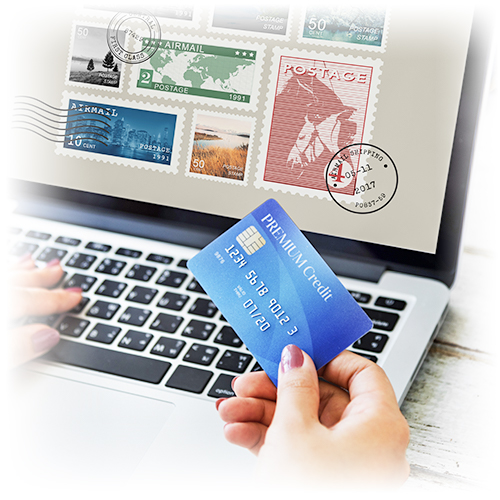Tips for Protecting Yourself From Cybercrime
 There are many steps consumers can take to avoid becoming victims of identity theft or online scams. Protect yourself online and help to make the Internet safer and more secure by following these simple tips:Computer-protected
There are many steps consumers can take to avoid becoming victims of identity theft or online scams. Protect yourself online and help to make the Internet safer and more secure by following these simple tips:Computer-protectedWhen in doubt, throw it out. Links in emails, websites, tweets, posts, and online advertising are often the way cybercriminals compromise your computer. If it looks suspicious even if you know the source, it’s best to delete it. You also have the option, if appropriate, to mark it as “junk email” so you no longer receive emails from this sender.
Think before you act. Be wary of communications that implore you to act immediately, offer something that sounds too good to be true, or ask for personal information. Be wary of requests to go to a certain website by clicking on a link or button; it’s common for fraudsters to pose as someone legitimate and talk you into doing this which could deliver harmful software to your computer or mobile device.
Guard your personal information. Keep Social Security numbers, account numbers, and passwords private as well as specific information about yourself. If on paper, lock this information up when not in use at home. If you need to carry this information on your mobile device, make sure your device is properly secured with a touch ID, face ID or strong unlock passwords. Also consider a password keeper/vault application that will encrypt your information.
Keep a clean machine. Update the security software and operating system on your computer and mobile devices, and even set it up on your phone to automatically install updates. Keeping software on your devices up-to-date will help prevent attackers from taking advantage of known vulnerabilities. Also, learn how to update your home’s Internet router as vulnerabilities are often fixed via a router firmware patch.
Use effective passwords. When creating a password, use twelve characters or more and a combination of letters, numbers and symbols, and don’t make it easy to guess. If possible, best practices when creating a password today is to create a long password phrase with misspelled words such as, “Why is my dog so darned kute 9!”. Also, create unique passwords for each account; keeping separate passwords for every account helps thwart cybercriminals.
Use stronger authentication. Using stronger authentication requires that you use your password in conjunction with an additional piece of information (such as a PIN sent to your mobile device) to verify your identity. Even if a cybercriminal is trying to access your account and has captured your password, they still cannot get account access without the second component, if you have instituted stronger authentication. Visit lockdownyourlogin.com for more information on stronger authentication.
Stay protected while connected. Before you connect to any public Wi-Fi – like on an airplane or in an airport, hotel, or café – be sure to confirm the name of the network and login procedures with appropriate staff to ensure that the network is legitimate. Also, avoid conducting sensitive activities while connected to unsecured public Wi-Fi. If devices on your network are compromised for any reason, or if hackers break through an encrypted firewall, someone could be eavesdropping on you—even in your own home on encrypted Wi-Fi.
Share with care. Avoid oversharing online and limit the amount of personal information you share. Also, use privacy settings to avoid sharing information beyond people you know.
Editor’s Note: These tips are from the U.S. Department of Homeland Security.
